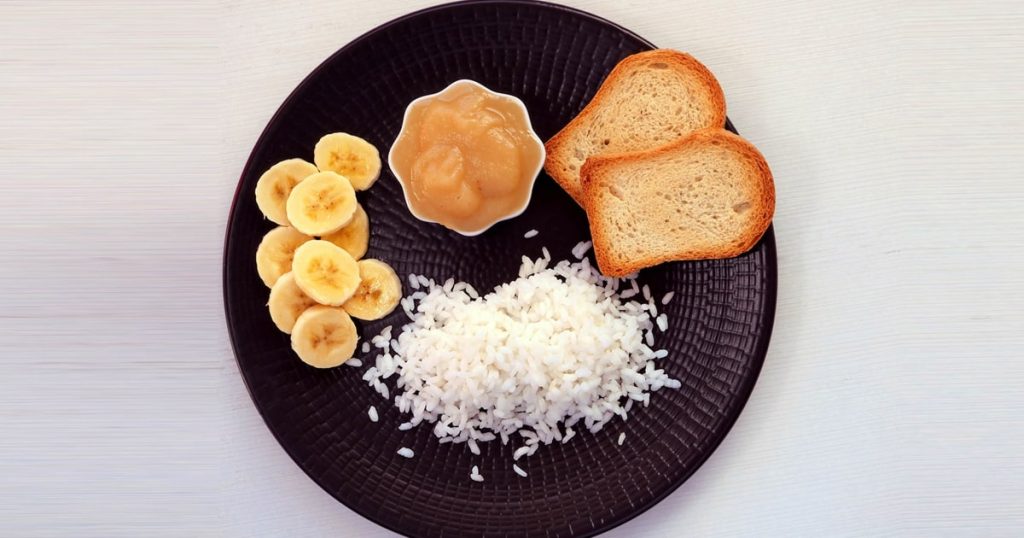The BRAT diet, consisting of banana, rice, applesauce, and toast, has historically been recommended for those suffering from an upset stomach. However, recent research has shown that this diet may not provide adequate nutrients for a speedy recovery as the gut heals. The effectiveness of the BRAT diet is still debated, with some studies suggesting that bananas and rice can help reduce diarrhea. However, the diet is restrictive and lacks essential nutrients, such as protein, fiber, and fats. The American Academy of Pediatrics now advises against strictly following the BRAT diet and recommends resuming a normal diet after 24 hours of illness.
While the BRAT diet may still be beneficial for some individuals, especially when they are too sick to prepare meals, many experts no longer recommend following it. Instead, a more balanced approach is favored, which includes staying hydrated and gradually reintroducing a variety of foods to ensure proper nutrition. If nausea, vomiting, and diarrhea persist, it is crucial to speak with a healthcare provider to determine the best course of action. Additionally, the BRAT diet should not be used to manage certain gastrointestinal conditions, such as irritable bowel syndrome, acid reflux, diverticulosis, and celiac disease.
When it is no longer necessary to follow the BRAT diet, individuals experiencing hunger or constipation should discontinue it. Additionally, the diet is not suitable for managing certain chronic gastrointestinal conditions or for weight loss purposes. For these conditions, alternative diets such as low-lactose, low FODMAP, high-fiber, or low-acid diets may be more appropriate. It is crucial to understand the cause of stomach issues and focus on hydration to prevent dehydration. When ready, bland, soft, low-fiber foods can be introduced to aid in recovery.
In place of the BRAT diet, healthcare professionals recommend focusing on hydrating fluids and electrolytes, such as water, apple juice, and gelatin. Clear soups, plain crackers, boiled potatoes, and low-fiber foods like oatmeal and rice can also provide necessary nutrients while being gentle on the digestive system. It is important to avoid foods that are difficult to digest, such as dairy, spicy foods, fried foods, raw fruits and vegetables, and caffeine. Contact a healthcare professional if symptoms persist for more than two days in adults or 24 hours in children.
Overall, the BRAT diet may offer some benefits for individuals experiencing nausea, vomiting, and diarrhea, but it is generally not recommended for long-term use. A balanced approach to nutrition, including a variety of foods to ensure proper nutrient intake, is preferred for a speedy recovery. It is essential to speak with a healthcare provider if symptoms persist or worsen, and to consider alternative diets tailored to individual gastrointestinal conditions. Hydration and mild, easily digestible foods are key to recovering from an upset stomach, while avoiding foods that may exacerbate symptoms is vital for a quick recovery.













